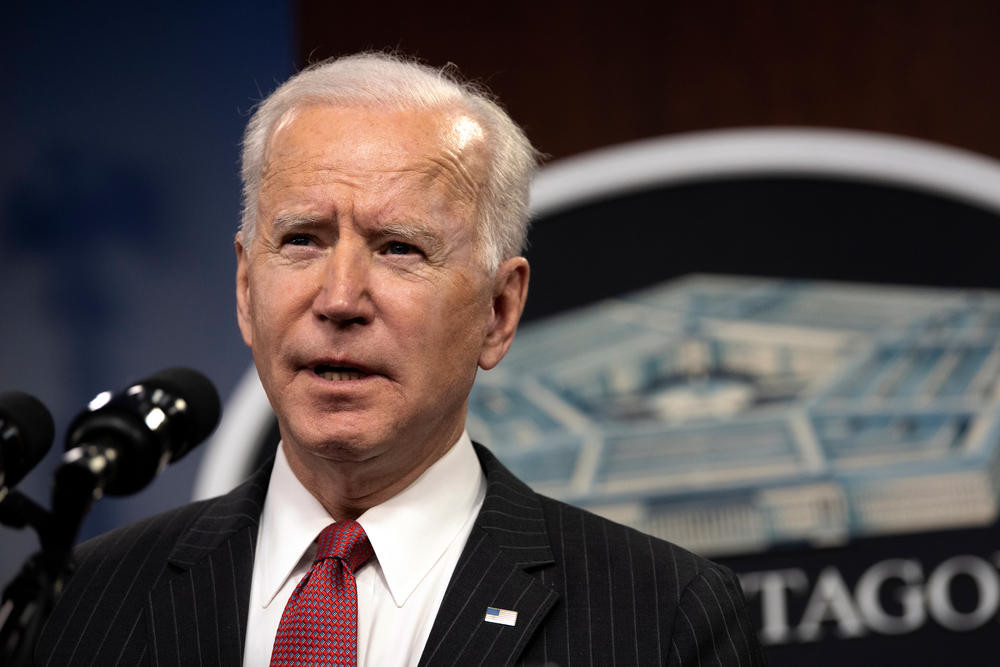This has been a long time coming, with claims that the bank needed to resolve all the way back to 2011. It’s also the biggest fine on record that the Consumer Financial Protection Bureau (CFPB) won as a settlement. It’s well deserved, as this has been going on for over a decade by a trusted financial institution. However, the fine came with a warning as well. The warning is meant to keep the door open to allow for restrictions on how the bank will be able to operate going forward.

The details of the payment are that Wells Fargo will pay nearly $2 billion, which is just set for penalties. On top of that, there’ll be $2 billion paid out for claims against the violations that they committed, which has been going on for the better part of ten years. The CFPB reported on this, and millions were affected.
This only solidifies that the bank, which is around 170 years old, has become one of the worst American banks operating. The picture is clear on this, and the fines and claims are representative of that. Both customers and employees were presenting new issues, and problems as they arose, as well as regulators who would consistently tell Wells Fargo changes must be made.
CNBC Television also reported the news on its Youtube channel.
Going more into the details, the CFPB has found evidence and issues with Wells Fargo where it was simply not recording payments by customers properly. Whether they were for auto loans or home loans, it didn’t matter, and this led to the repossession of these items that were set up for collateral wrongfully. Many fees were charged, including overdraft fees on the banking accounts for customers, when there would actually be plenty of funds to cover those purchases, and the overdraft fees were unnecessary. Wells Fargo continues to clean up their mess.
When breaking down the fine by a regulator, it’s currently record-breaking. Wells Fargo also paid out the previous record, but only for $1 Billion. So far, the authorities and regulators have claimed over $20 billion in fines since the financial crisis, with a wide array of issues against both investors and customers.
The crisis at Wells Fargo has also seen its executives being kicked out. John Stumpf left in 2016. His replacement, Timothy Sloan, left in 2019 but was unable to resolve the issues plaguing Wells Fargo. Mr Sloan himself was specifically hired and tasked with the cleanup, but it was too little too late, and every issue found would backlash onto him. Eventually, Charles Scharf replaced him after only a few years.
It’s not just the fines that need to be paid out these days, but Wells Fargo seems to be collecting issues consistently, up to the point where the Federal Reserve stated it needed to stop any growth or expansion until the issues were fixed. This happened back in 2018, and even in 2021, the Office of the Comptroller of the currency got involved restricting Wells Fargo’s mortgage business. Beyond banking and its core business, there are also investigations into employee rights and those applying to work for the bank. There are discussions that minority candidates were interviewed for positions already filled up and closed just to hit diversity quotas.
Rohit Chopra, who’s a director at the CFPB, recently mentioned to the press that “just because there are actions being taken against Wells Fargo, doesn’t mean that Wells Fargo has been resolved of its outstanding problems, or that the work is done by any means.”
The settlement itself has Wells Fargo paying back all those customers it falsely charged and working to repair the damaged credit and finances of some customers that Wells Fargo destroyed through their poor bank practices.
In addition, for those that had collateralized loans, such as mortgages or auto loans, Wells Fargo is working to make those that wrongfully and their collateral repossessed whole by giving the value back that was taken. It also included insurance these people would pay that was meant to actually help prevent the repossession from happening in the first place.
Bank officials are stating that they are on track with the agreement made with regulators, and it’s also helping the overall banking operations.
Mr Scharf said, “Wells Fargo is monumentally changed from what it was. The agreement itself helps set our priorities straight and put Wells Fargo on the right path, away from past issues.”
It’s 16 million customers that are part of these reparations, and the $2 billion is going directly to them, based on the damage caused and monies owed. More than have the funds have already been distributed to around two-thirds of the customers affected. It’s happening in a systemic way with those that were affected the most.
Most of these issues and clashes with regulators happened in 2016, but some of the actions went back to 2011. The $1.7 billion fine is primarily due to Wells Fargo’s lack of response to it.
Yet regulators are still wary as they feel that Wells Fargo was simply caught and that more monitoring would need to continue indefinitely. Moreover, many consider this just the latest batch of problems and violations with the bank, and there are considerations for more restrictions with the banking activities.
Mr. Chopra has similar sentiments and states. “Millions have been affected by Wells Fargo and its continuous stream of banking violations. While we’re taking the right steps, it’s a long road for this bank that repeats its negative pattern.”
He also continued that his bureau would continue their vigilance combined with the Office of the Comptroller of the Currency and the Federal Reserve.
Senator Sherrod Brown, who’s a Democrat from Ohio and also chairman of the Senate Banking committee, stated that. “This was a long time coming, and a lot more will happen down the line. Wells Fargo failed at handling basic banking requirements and also failed their customers, who, combined with employees and investors, continue to become victims going forward.







